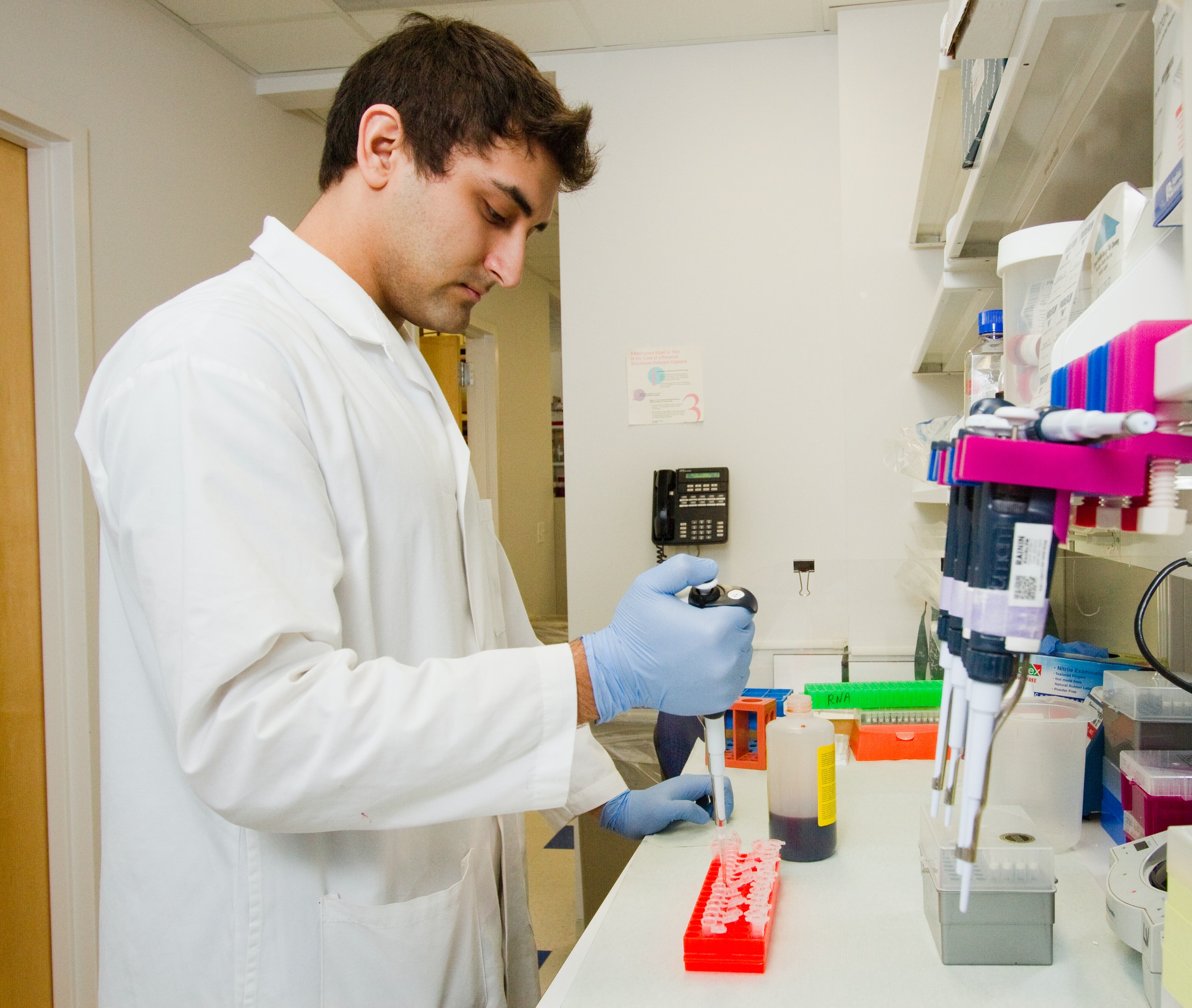Who does not dream of a family with his or her spouse after a long relationship? Procreation is the source of this world, and the population has never stopped increasing. There is nothing cuter than a baby, and there is no greater pride than to see it grow and succeed. Yet, none of this happens with infertility. Some people still don’t know what causes infertility in men. So, let’s take a look at the leading causes and the bad habits that can lead to it.
Some symptoms of infertility in men

Male impotence, erectile dysfunction, or premature ejaculation can be a symptom of infertility. However, this is not the origin of infertility in men since there are other factors. In addition, there are hormonal imbalances such as a lack of hair or male breast enlargement (gynecomastia). If you notice these symptoms, it is advisable to consult a doctor to get more information and follow the necessary treatments so that you can procreate.
Causes of male infertility
Often we do not realize that we are infertile until we decide to start a family. After several attempts, we decide to see a specialist find out what is going on. As a result, we are surprised by the infertility result, although we are able to ejaculate.
It is important to note that it is not only the liquid that counts but also its components. First of all, let’s see the habits that can deteriorate our fertility. Then, the different causes are independent of our personal and are generated by genital anomalies. Sometimes we are the leading cause of this inconvenience, as we are unknowingly harming our health and environment.
Unhealthy habits
We have bad habits that can harm us slowly if we are not careful. Worst of all, we destroy our personal and professional futures. On the other hand, eliminate these bad habits if you want to cradle your baby in the future. Here they are:
-
- The use of tobacco, cannabis, and other drugs (glue, crack, heroin, cocaine, synthetic drugs).
-
- Excessive alcohol consumption.
-
- Exposure to factors that are deleterious to spermatogenesis: exposure to heat (hot baths, saunas, tight underwear, sports activities, etc.), exposure to endocrine disruptors (exposure to pesticides and solvents), and use of anabolic steroids.
-
- Stress and night work.
-
- Current and past treatments such as chemotherapy, anti-infective drugs, central nervous system drugs, steroids, etc.
-
- Change these unhealthy habits to improve your health and ensure the procreation of your offspring.
Spermatogenesis abnormalities

There are also other factors that can cause infertility without us being aware of it, even if we are careful about our health. These factors are due to a family history of infertility, family genetic diseases, consanguinity, or the use of painkillers by the mother during pregnancy. In these cases, it is still advisable to consult a doctor. The following are the causes of infertility due to abnormal spermatogenesis:
-
- Azoospermia: this is the complete absence of sperm in the ejaculate and is caused by Klinefelter’s syndrome (XXY karyotype), congenital absence of testicle, cryptorchidism (testicles not descended into the bursa), mumps orchitis sequelae, pituitary hypogonadism, idiopathic azoospermia.
-
- Asthenospermia: this corresponds to a lack of mobility of the spermatozoa, i.e., they have difficulty moving. At least 40% of spermatozoa are mobile in the semen. Below this threshold, we speak of asthenospermia.
-
- Necrospermia is characterized by a high percentage of dead sperm (over 50%) and is usually due to infections.
-
- Teratospermia: is characterized by an excessive amount of malformed sperm and indicates the presence of an abnormally high rate of abnormal sperm.
In conclusion, doctors can find the right solutions for each abnormality. Therefore, you should consult them if you want to have offspring. Besides that, there is also adoption because many children want to integrate into a family.
Sound off in the comments section below and tell us what you want to read next and if you want to read more about male infertility.


